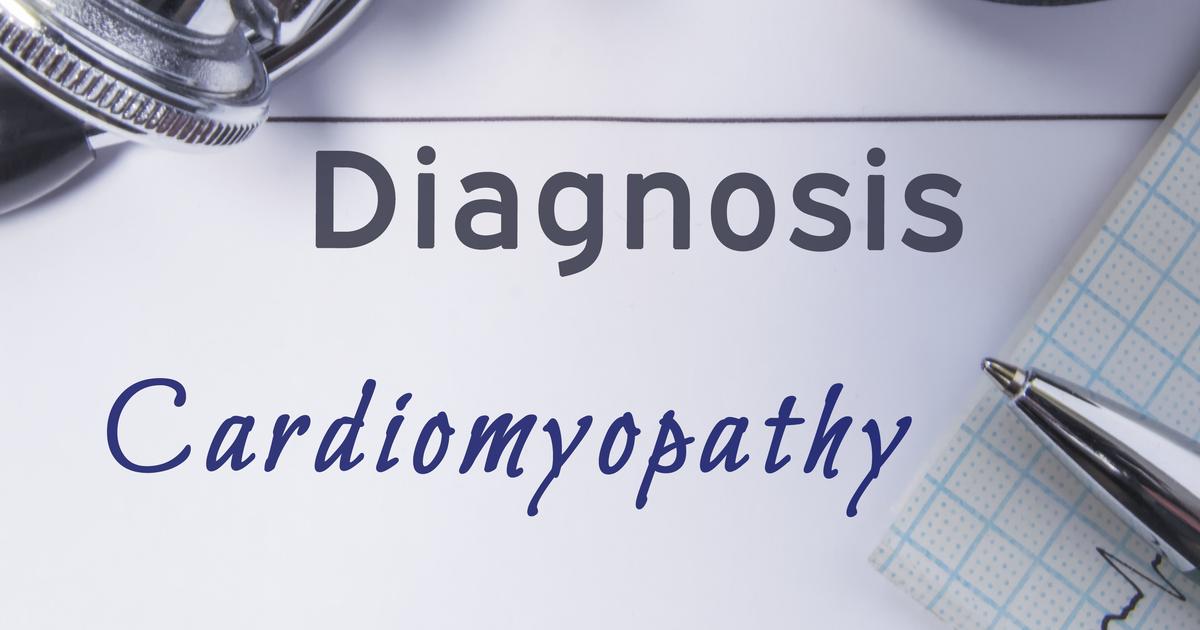Symptoms And Treatments For Heart Conditions You Didn't Know Existed
Cardiomyopathy

There are a few overarching types of cardiomyopathy, including hypertrophic, dilated, restrictive, and arrhythmogenic. Hypertrophic is when the heart muscle thickens without a discernible cause, dilated is when the enlarged heart ventricles weaken, and restrictive is when the ventricles become rigid and weaken, but do not thicken. Arrhythmogenic right ventricular dysplasia is a rare form in which fatty or fibrous tissue replaces the muscle in the right ventricle. All types of cardiomyopathy, save for restrictive, can be inherited through gene mutations or other gene indicators. Other causes of dilated cardiomyopathy include alcohol, late-stage pregnancy complications, viral infections, heart attack, illegal drugs, diabetes, and HIV. Causes of restrictive cardiomyopathy include hemochromatosis, amyloidosis, sarcoidosis, connective tissue disorders, and specific cancer treatments, such as chemotherapy.
Symptoms vary based on the specific type of cardiomyopathy, and some individuals may never experience symptoms. However, symptoms when the condition worsens often mimic heart failure and include fatigue, shortness of breath, and swelling in various parts of the body, such as the ankles and feet, legs, abdomen, and neck veins. Other signs include dizziness, irregular heartbeats, heart murmurs, chest pain, and fainting during or after physical exertion. Chest pain in this condition typically occurs after eating a heavy meal or physical activity.
Continue reading to discover what treatment includes.